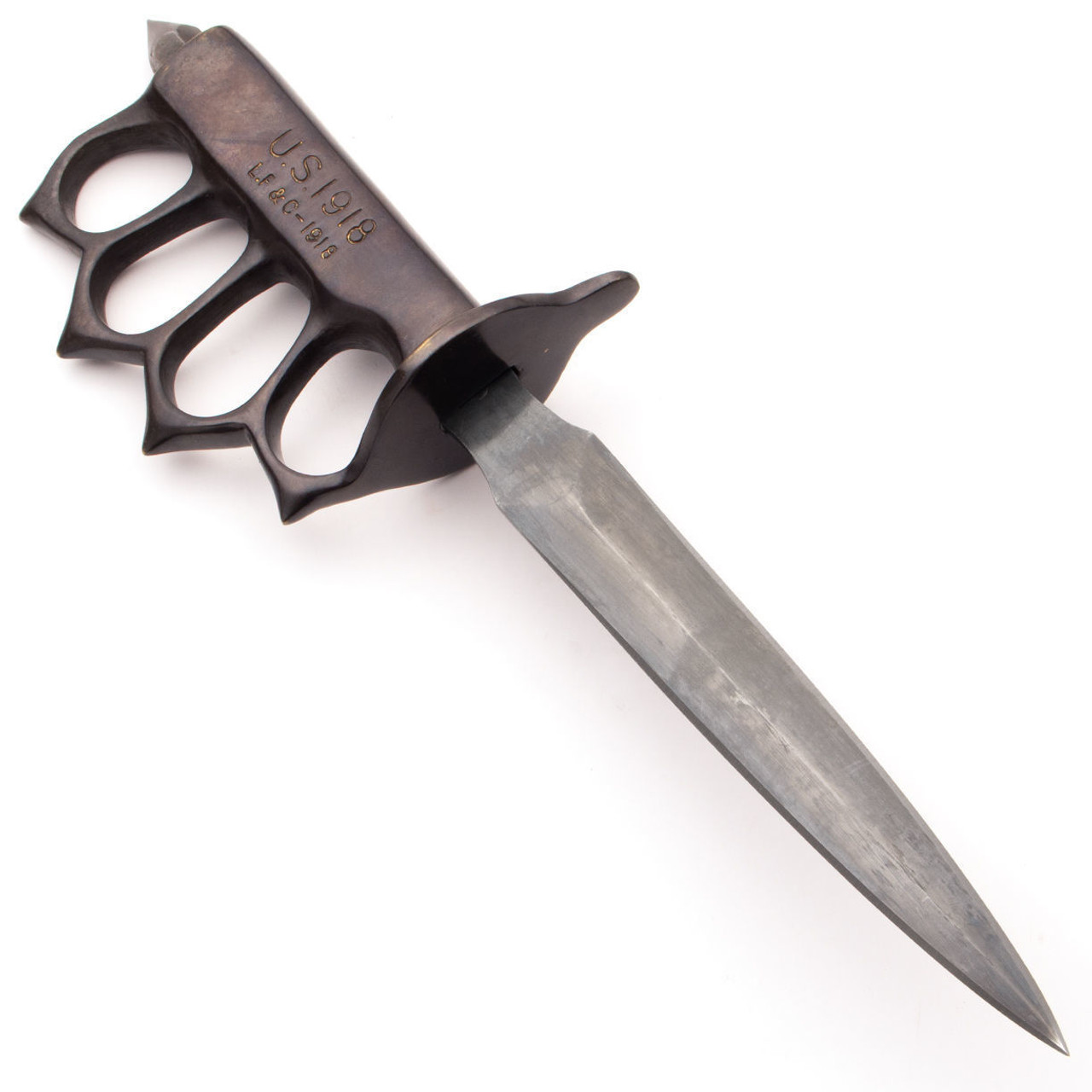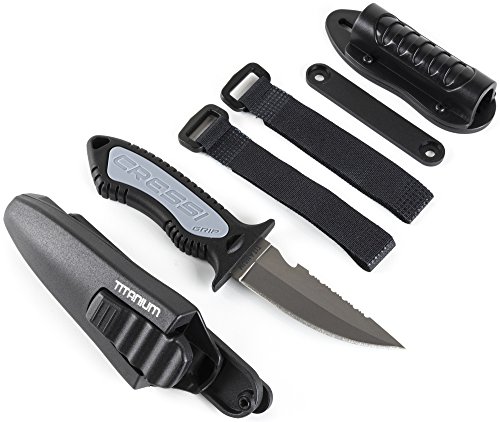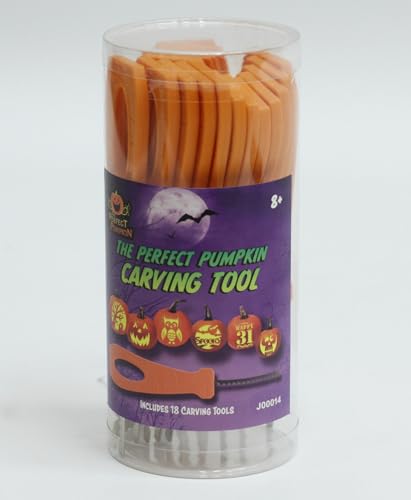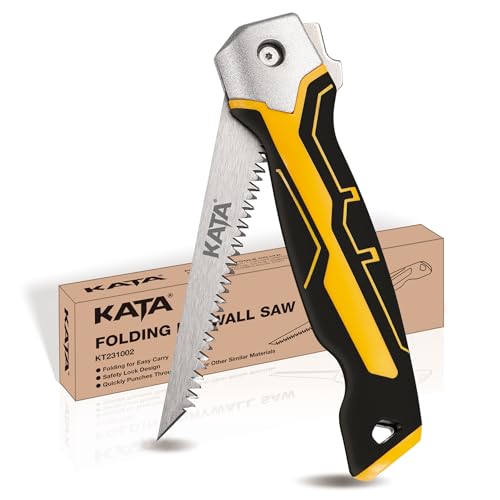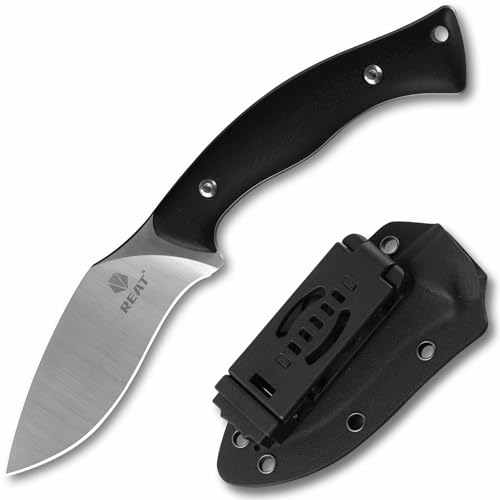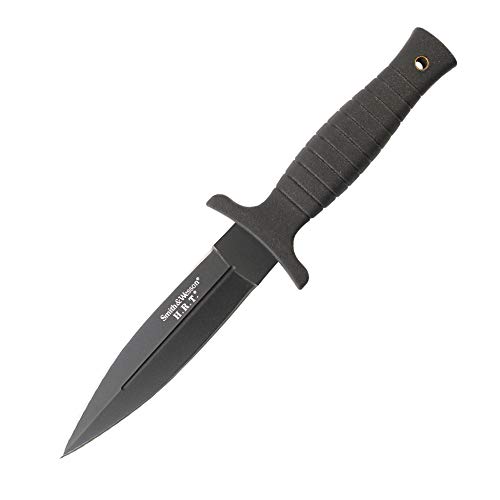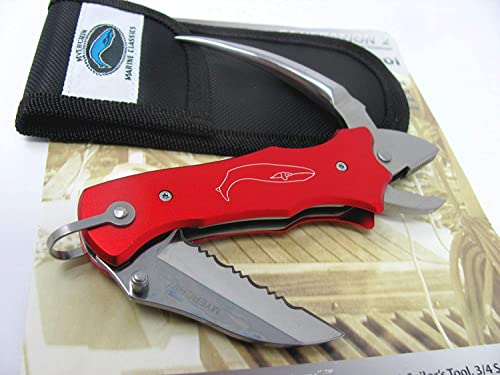Brass Knuckles And Knife: Self-Defense Essentials Guide
Have you ever wondered about the intriguing world of brass knuckles and knives? These tools, often shrouded in mystery and misconceptions, hold a fascinating place in both history and popular culture.
Whether you’re a collector, a self-defense enthusiast, or just curious, understanding these items can be both enlightening and empowering. Imagine holding a piece of history in your hand, feeling the weight and craftsmanship of an object that has been part of human culture for centuries.
Brass knuckles and knives are not just tools; they are artifacts that tell stories of the past and offer insights into personal safety and survival today. You’ll discover the unique characteristics of brass knuckles and knives, their legal considerations, and the roles they play in self-defense. Stay with us, and you’ll gain knowledge that could change the way you think about these intriguing items forever. Ready to dive in? Let’s get started!
Brass Knuckles And Knife
Legal Considerations
Understanding legal considerations surrounding brass knuckles and knives is crucial. Different jurisdictions have varying laws that regulate possession and use. Research local regulations to avoid legal issues and ensure compliance with the law.
Legal considerations for brass knuckles and knives can be confusing. These items can be fascinating, but owning and using them responsibly is crucial. Understanding the legal implications will help you make informed decisions.
Understanding Local Laws
Local laws differ greatly. In some places, brass knuckles are illegal, while in others, they are permitted. The same goes for knives, where blade length and style can dictate legality. Always check the regulations in your area. You wouldn’t want to face unexpected legal trouble for a simple oversight.
Consequences Of Illegal Possession
Illegal possession can lead to serious consequences. Fines and jail time are common penalties. Imagine being charged just because you were unaware of the law. It’s not worth the risk. Always ensure you have the legal right to own these items before purchasing them.
Self-defense Vs. Assault
Using brass knuckles or a knife for self-defense is a complex legal area. The intention behind using these items matters. Consider if you can justify your actions in a legal setting. Would your use be seen as self-defense, or could it be interpreted as assault? Knowing the difference can save you from legal headaches.
Responsible Ownership
Are you prepared to own these items responsibly? Ownership comes with responsibility. Secure storage and understanding your rights are critical. You should also be aware of the situations where using them is appropriate. Being a responsible owner means you respect both the tools and the law.
Seeking Legal Advice
Consulting a legal professional can clear up confusion. If you’re unsure about the laws surrounding brass knuckles and knives, seeking advice is wise. Professionals can guide you on how to stay within legal boundaries. Wouldn’t you prefer peace of mind knowing you’re on the right side of the law? Understanding these legal considerations can empower you. It ensures that your interest in brass knuckles and knives remains a hobby rather than a legal issue. Remember, knowledge is your best defense.
Choosing The Right Brass Knuckles
Selecting the ideal brass knuckles involves considering size, weight, and material. Ensure the knuckles fit comfortably in your hand. Pairing them with a knife enhances personal safety and self-defense.
Choosing the right brass knuckles is more than just picking a piece of metal. It’s about understanding what suits your style and needs. Whether you’re a collector or someone who values self-defense, the right choice can make all the difference. What features should you look for when selecting brass knuckles? Let’s dive into some key considerations.
Material Quality Matters
The first thing you should consider is the material quality. Brass knuckles made from high-quality metals like brass or steel are durable and reliable. You don’t want to invest in something that rusts or bends easily. Consider the weight, too. Heavier knuckles may offer more impact but can be cumbersome. Lighter ones are easier to carry but may not provide the same force. Which is more important for your needs?
Design And Comfort
Design isn’t just about aesthetics—it’s also about comfort. Look for designs that fit comfortably in your hand. Ergonomic designs help prevent strain and ensure you can grip them securely. Have you ever tried using a tool that just didn’t fit well? It can be frustrating, right? That’s why it’s crucial to find brass knuckles that align with your hand size and grip style. Before purchasing, check the legal regulations in your area. Brass knuckles are illegal in many places, and possessing them could lead to fines or even jail time. It’s essential to be aware of local laws. Do you know the laws surrounding brass knuckles where you live? A quick search or consultation with a legal expert can save you from potential trouble.
Purpose And Use
Define your purpose for buying brass knuckles. Are they for self-defense, collection, or novelty? Each purpose might require different features. A collector might prioritize unique designs, while someone focused on self-defense might want simplicity and effectiveness. What do you intend to achieve with your brass knuckles? Clarity in purpose guides you to the right choice.
Price Vs. Value
Price is often a significant factor. However, don’t let cost alone dictate your decision. High price doesn’t always mean high quality, and vice versa. Assess the value you’re getting for the price. Is the cheaper option giving you the durability and features you need? Sometimes, spending a bit more upfront can save you in the long run.
Personal Experience
Years ago, I bought my first pair of brass knuckles without much thought. They were shiny and looked cool, but they rusted quickly and were uncomfortable to use. That taught me the importance of research and knowing what to look for. Have you made similar purchases that didn’t quite meet your expectations? Learning from past experiences can guide you to make better choices.
Knife Types For Self-defense
Brass knuckles combined with a knife offer a unique self-defense tool. This hybrid design provides both a punching and cutting capability. Compact and easily concealable, it fits well in personal safety strategies.
Knives have been a staple in self-defense across cultures for centuries. Their versatility and accessibility make them a popular choice for personal protection. However, choosing the right type of knife for self-defense can be daunting. You need to understand the different types and their specific functionalities.
Fixed Blade Knives
Fixed blade knives are robust and reliable. They don’t have moving parts, which means they are less likely to malfunction during critical moments. Have you ever wondered why military personnel often carry fixed blade knives? It’s because of their durability and strength. They can withstand pressure and are quick to deploy.
Folding Knives
Folding knives are compact and convenient. They fit easily in your pocket or purse, making them ideal for everyday carry. Imagine having a tool that’s always ready for a situation but doesn’t weigh you down. Their folding mechanism allows for safe storage, reducing accidental injuries. How do you ensure it’s ready for action? Regular practice with opening and closing can make all the difference.
Tactical Knives
Tactical knives are designed specifically for self-defense scenarios. They often have features like serrated edges for cutting through tough materials and a pointed tip for precision. Think about a situation where you need a knife that can adapt to multiple tasks. Tactical knives are built to handle it. They often come with ergonomic grips, ensuring you maintain control even under stress.
Karambit Knives
Karambit knives are unique with their curved design. Originally from Southeast Asia, they offer a different grip style that enhances maneuverability. Have you ever tried using a knife that feels like an extension of your hand? That’s the karambit. It’s favored for its ability to perform quick, fluid motions. Consider its curved blade for effective slicing and hooking actions.
Boot Knives
Boot knives are compact and often concealed in a sheath attached to the leg. They provide easy access when you need it most. Picture this: you’re in an unforeseen situation, and your boot knife is within reach, ready to assist. Their slim profile makes them discreet yet accessible, perfect for unexpected moments.
Training Knives
Training knives are crucial for practicing self-defense skills safely. They are often made from rubber or plastic and allow you to hone your skills without risk of injury. Have you ever thought about the importance of muscle memory in self-defense? Training knives enable you to practice techniques repeatedly, ensuring you’re prepared when it counts. Selecting a knife for self-defense involves understanding your environment, lifestyle, and personal comfort with the tool. Which type resonates with you? Your choice should empower you, providing confidence and security in daily life.

Credit: www.kombativ.com
Training And Safety Practices
Training and safety practices are crucial for handling brass knuckles and knives. These tools require respect and careful handling to avoid accidents. Proper training ensures users can defend themselves effectively and safely. Safety measures protect everyone involved, reducing risks during practice and real-life situations.
Understanding The Basics
Learn the fundamental techniques for using brass knuckles and knives. Start with basic grips and stances. Practice these until they become natural. Familiarize yourself with the weight and balance. This helps in managing them during use.
Choosing The Right Environment
Select a safe place for training. Avoid crowded areas. Ensure surroundings are free of obstacles. This reduces the risk of injury. Well-lit areas enhance focus and visibility.
Protective Gear Importance
Wear protective gear during training. Gloves and pads shield against accidental hits. Eye protection is also crucial. It prevents injuries from unexpected movements. Always prioritize safety over style.
Regular Practice And Consistency
Practice regularly to build muscle memory. Short, frequent sessions work best. Consistency improves skill and confidence. It ensures readiness in real situations. Dedicate time each week for training.
Seeking Professional Guidance
Consider hiring a professional trainer. They provide expert advice and techniques. Learn advanced moves safely. Trainers correct mistakes and enhance skills. A mentor accelerates learning and safety.
Situational Awareness Tips
Stay alert when handling brass knuckles and knives. Always know your surroundings. Trust your instincts to avoid danger. Keep tools secured and never brandish them unnecessarily.
Situational awareness is crucial when you’re handling tools like brass knuckles and knives. Whether you’re using them for self-defense, collection, or training, knowing your surroundings can make all the difference. Here are some practical tips to enhance your situational awareness and ensure you’re prepared for any scenario.
Understand Your Environment
Take a moment to assess where you are. Notice the exits, lighting, and any potential obstacles. Are you in a crowded space or alone in a quiet area? These details can influence how you use your tools effectively and safely.
Stay Alert
Keep your senses sharp. Listen for unusual sounds or movement. Even a subtle change in your environment can signal a potential threat or opportunity.
Trust Your Instincts
If something feels off, don’t ignore it. Your gut often senses danger before your mind does. React promptly but wisely, keeping your safety in mind.
Practice Regularly
Familiarity breeds confidence. Regular practice with your brass knuckles and knife improves your response time and accuracy. Set aside time to hone your skills in controlled environments.
Plan Your Actions
Think ahead about how you would respond in various situations. What would you do if someone approached you aggressively? Having a plan reduces hesitation and boosts your confidence.
Engage With Your Surroundings
Interact with people and objects around you. Are others aware of your tools, and how are they reacting? This feedback can guide your next move, ensuring you remain in control.
Keep Calm
Panic can cloud judgment. Maintain a calm demeanor to think clearly and act decisively. Remember, confidence and composure are your strongest allies.
Reflect On Past Experiences
Consider any situations where you felt vulnerable or unprepared. What could you have done differently? Learning from past encounters sharpens your situational awareness for the future. How do you ensure your safety and readiness when using tools like brass knuckles and knives? Your thoughts can inspire others to think critically and act wisely.
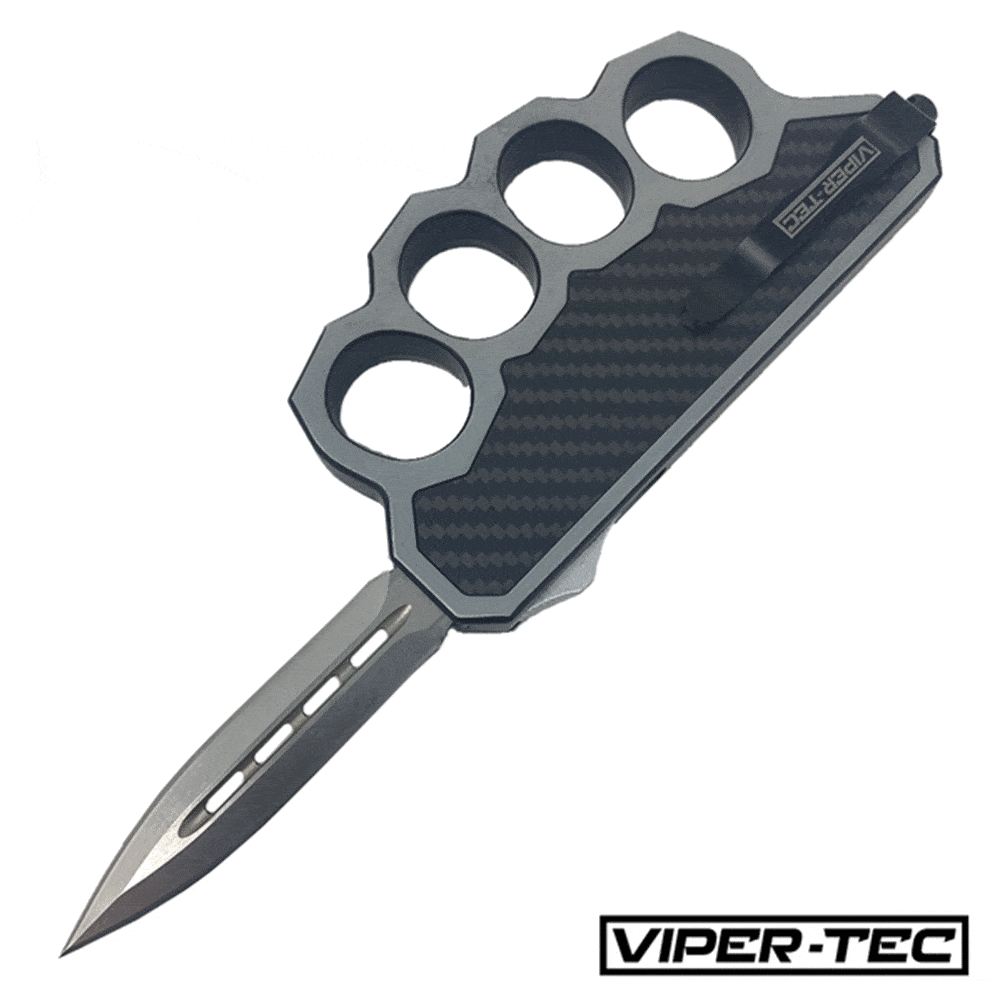
Credit: www.vipertecknives.com

Credit: www.protectiondepot.com
Frequently Asked Questions
What Are Brass Knuckles Used For?
Brass knuckles are used for self-defense. They fit over the fingers to enhance a punch’s impact.
Are Knives Effective For Self-defense?
Yes, knives can be effective for self-defense. They are compact and can deter attackers.
Is Carrying Brass Knuckles Legal?
Legality varies by location. Some places ban brass knuckles completely. Check local laws before carrying.
Conclusion
Exploring brass knuckles and knives reveals their unique qualities. Each serves distinct purposes in personal defense. Brass knuckles offer compact strength and impact. Knives provide versatility for various tasks. Choosing the right tool depends on individual needs and preferences. Safety and legality are important considerations.
Always prioritize responsible use. Respect local laws and regulations. Understanding these tools enhances decision-making. Their roles in history and culture are notable. Knowledge empowers informed choices. Stay aware of potential risks. Approach with caution and respect. Equip yourself wisely. Make thoughtful decisions for safety and effectiveness.
Related Article

